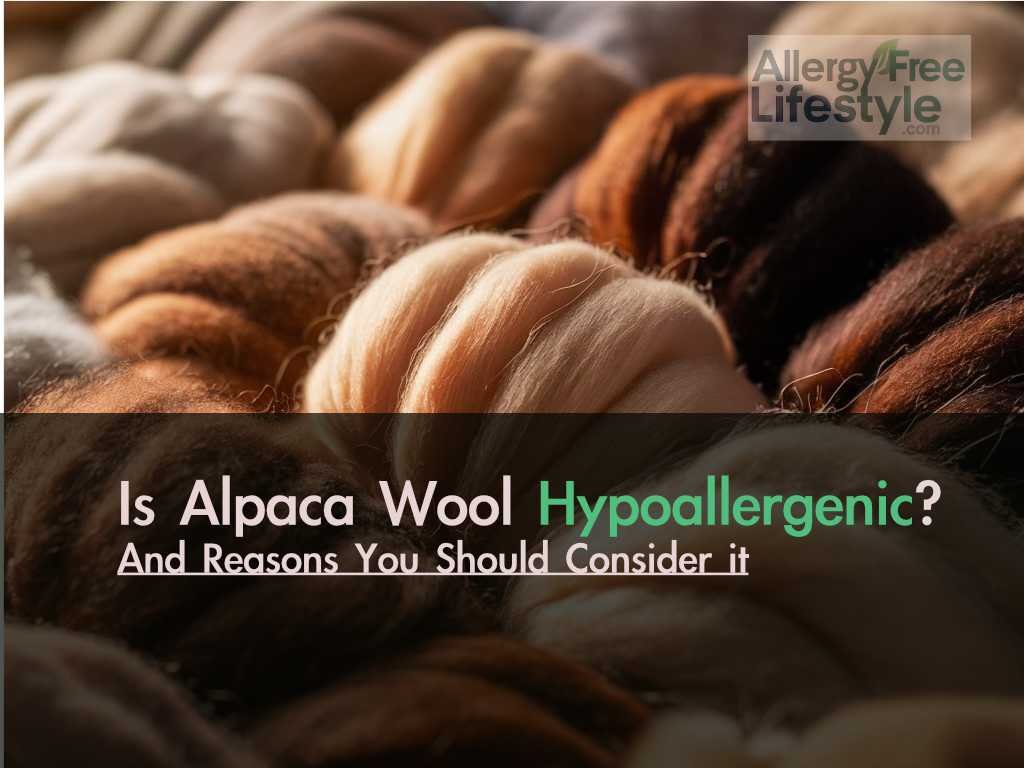When considering which dog breed might be suitable for those with allergies, a common question is, “Is a Cocker Spaniel hypoallergenic?” This article delves into the hypoallergenic qualities of the Cocker Spaniel, exploring the characteristics that influence their allergen levels and providing insights for potential pet owners.
Understanding the Concept of ‘Hypoallergenic’ Pets
Before delving deeper into whether a Cocker Spaniel is hypoallergenic, it’s essential to understand what hypoallergenic means. The term refers to animals that are less likely to trigger allergic reactions in humans. However, it is important to note that no dog breed is completely free of allergens. Dogs produce multiple allergens through saliva, dander, and urine. Hypoallergenic breeds are those that typically produce fewer allergens or shed less, thereby reducing the likelihood of causing allergic reactions.
Cocker Spaniel Coat Characteristics

Cocker Spaniels are known for their beautiful, silky, medium-length coats. To answer the question “Is a Cocker Spaniel hypoallergenic?” it’s crucial to consider their shedding patterns and coat maintenance:
- Shedding: Cocker Spaniels are moderate shedders. They do not retain as much hair as non-shedding breeds, which means they regularly release hair and dander into their environment.
- Grooming Needs: Regular grooming is essential to manage shedding and minimize the spread of allergens. Brushing several times a week, along with professional grooming sessions every six to eight weeks, can help keep shedding under control and reduce allergens.
Allergen Production and Management
While exploring if a Cocker Spaniel is hypoallergenic, it’s also necessary to discuss how allergens are managed:
- Bathing Routines: Regular baths can help reduce the amount of dander a Cocker Spaniel produces. Using hypoallergenic shampoos and conditioners can also aid in controlling allergens.
- Clean Living Environment: Maintaining a clean home, including frequent vacuuming and using air purifiers, can significantly reduce allergens in living spaces.
Lifestyle Considerations and Allergen Exposure

Is a Cocker Spaniel hypoallergenic in the context of your lifestyle? This depends on several factors, including how much time the dog spends indoors versus outdoors, as well as the pet’s overall health, which can affect skin condition and dander production:
- Indoor vs. Outdoor: Dogs that spend more time outside may bring in pollen and other outdoor allergens, compounding issues for sensitive individuals.
- Health and Diet: A tailored, healthy diet and regular veterinary care can improve skin health, potentially reducing dander production. Cocker Spaniels with good health are less likely to develop skin conditions that could increase allergen levels.
Is a Cocker Spaniel Hypoallergenic? Analyzing Breed-Specific Traits
Cocker Spaniels have distinct personality and physical traits that can impact their hypoallergenic status. They are affectionate and require a lot of social interaction, which means more close contact and potential for allergen transfer. Their long ears and skin folds can also harbor bacteria and yeast, which might aggravate allergies in sensitive individuals.

Comparative Analysis with Recognized Hypoallergenic Breeds
When addressing the question, “Is a Cocker Spaniel hypoallergenic?” it helps to compare them with breeds recognized as hypoallergenic:
- Comparison to Poodles: Poodles are often used as a benchmark for hypoallergenic breeds due to their minimal shedding. Compared to Poodles, Cocker Spaniels shed more and produce more dander.
- Hybrid Breeds: Cocker Spaniels are sometimes bred with hypoallergenic breeds to create mixes like Cockapoos, which may inherit fewer allergen-producing traits.
Expert Opinions and Veterinary Advice
Veterinary experts often provide valuable insights into managing allergies in households with Cocker Spaniels. They can offer advice about the best practices for grooming, diet adjustments, and environmental modifications to reduce allergen levels.
ConclusionIs a Cocker Spaniel hypoallergenic?
In conclusion, the question “Is a Cocker Spaniel hypoallergenic?” does not have a straightforward answer. While they are not considered one of the most hypoallergenic breeds due to their moderate shedding and dander production, proper grooming, diet, and household management can mitigate some of the allergen issues. Prospective pet owners with allergies should carefully consider their own sensitivity levels and the required maintenance before choosing to adopt a Cocker Spaniel. Ultimately, individual tolerance to allergens will significantly dictate whether a Cocker Spaniel is a suitable companion for an allergic individual.



